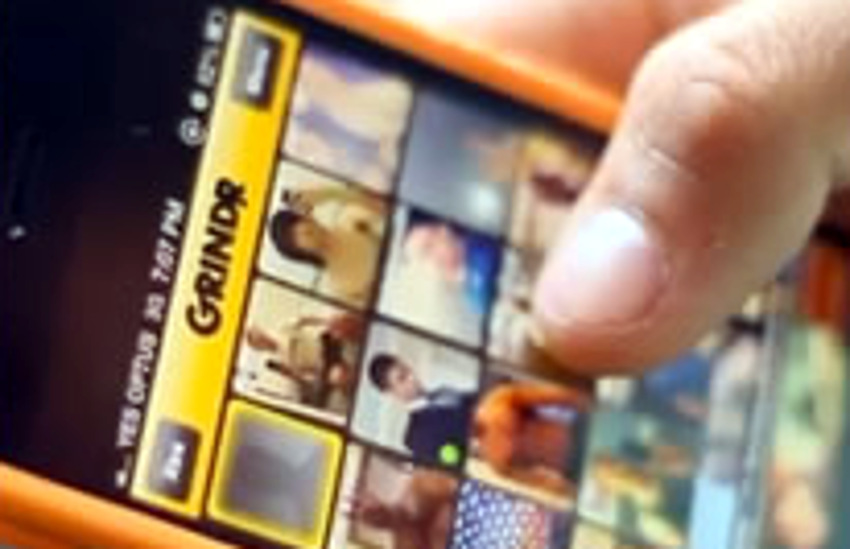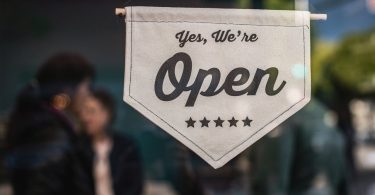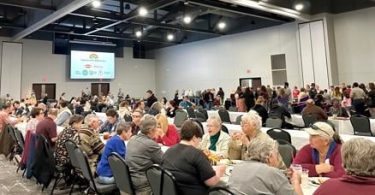Gay dating app, Grindr, has launched a unique health and legal services locator for LGBTI people in India.
Grindr worked on the locator with LGBTI organization, Varta Trust and the Chennai-based not-for-profit Solidarity and Action Against the HIV Infection in India (SAATHII).
‘It may come as a surprise to some, but queer people in India still find it difficult to quickly locate health and legal services, including online,’ said Pawan Dhall, Varta Trust founder.
‘Added to that is the question of the service provider being queer sensitive.’
‘So, even now, if you’re queer and you want a reliable HIV test in India, you’d have to ask a doctor, someone in the know, or know what to search for online. This locator can help reduce these obstacles significantly.’
Dhall came up with the idea for the locator. He believes it could have an immediate impact on the sexual health of many people in India.
How does it work
Grindr for Equality aims to remove much of the stigma or fear around getting an HIV test. The database aims to address the numerous queries on health concerns and complaints of rights violations by LGBTI people.
The resource database is accessible to LGBTQ+ identifying individuals via the Grindr app, but also anyone regardless of sexual or gender identity seeking legal aid or health service providers across India via both the Varta Trust and Grindr websites.
‘This is a historic partnership that will greatly enable and empower the lesbian, gay, bisexual, transgender and queer community in India to identify queer-friendly providers and receive the care and support they deserve,’ said Jack Harrison-Quintana, VP of social impact and executive director of Grindr for Equality.
Information for all LGBTI people
The Grindr for Equality program focuses on promoting justice, health, and safety for Grindr’s 3.6 million global daily users.
The database took a year to develop and lists LGBTQ+ friendly providers in 30 towns and cities in 16 states.
Grindr said that number would increase as the database would constantly be updated. The resource would be updated based on fresh data collection, validation and feedback from users.
Individuals can also submit information about service providers currently not included in the database. A team will then review and validate the information to see if the provider meets the database’s queer-friendly criteria.
The emphasis on inclusiveness means that the database attempts to provide information for LGBTQ+ people. It will provide information on a wide range of health and legal aid concerns. Those will include issues specific to youth, women, transgender people, people with disabilities, people living with HIV and other queer individuals.
More from Gay Star News
Teens use Grindr to find a sense of community, shows the need for more LGBTI youth spaces
Man who used Grindr to drug and rape victims gets 23 years in prison
‘You should be publicly executed’: HIV positive man shares vile Grindr messages he receives







